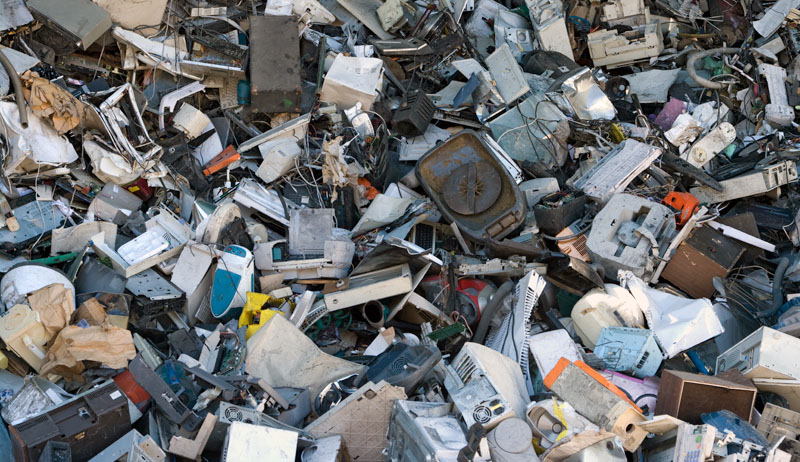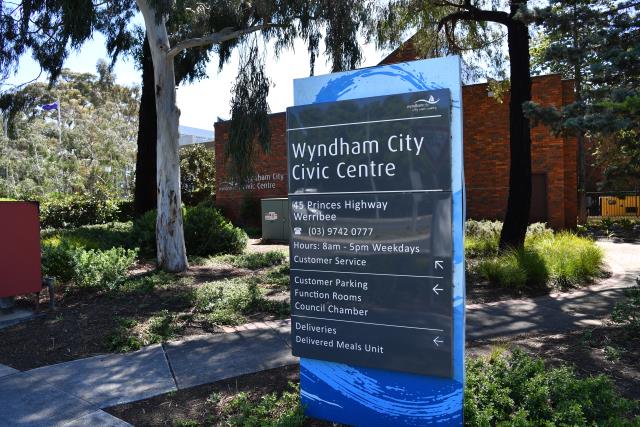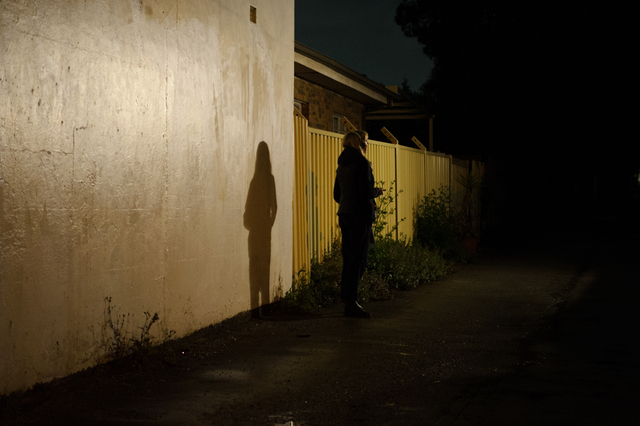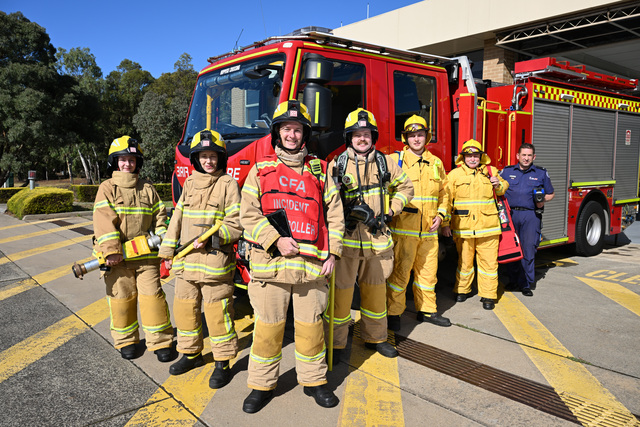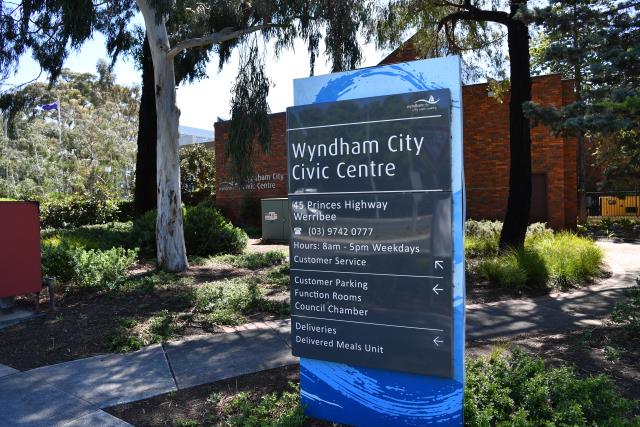Fake Wyndham tip vouchers are being sold online, sparking warnings of a council crackdown and hefty penalties for those caught.
Wyndham council last week revealed an “influx” of photocopied tokens had been put up for sale on social media and community websites.
A Star Weekly search of online classifieds website Gumtree revealed at least two advertisements selling vouchers for the Wests Road tip, including one selling two vouchers for $75 and another selling two for $70. While it was unclear whether these vouchers were genuine or fakes, one advertisement stated “genuine [tip] tickets not needed now”.
The council issues two waste management vouchers each year on rates notices, entitling ratepayers to recycle and dispose of waste at a refuse disposal centre at no charge. Tip fees range from $25.50 for cars and station wagons with rubbish to $160 for large trucks.
Council’s environment and sustainability portfolio holder, Peter Gibbons, said fabricating tip tokens wasn’t worth the risk.
“Wyndham [council] issues residents with two tokens each year, so there is no excuse to use the counterfeits,” Cr Gibbons said.
“I urge all residents to avoid acquiring ‘tip tokens’ from anywhere [except council].”
“Photocopied tokens and those that are sometimes found for sale on the internet are not legitimate and using them can land you with infringements and fines.”
Council’s chief executive Kerry Thompson warned of a zero tolerance policy for anybody found selling or trying to use the false vouchers.
“The [tip operator] has intercepted up to a dozen fake tip vouchers in the last 12 months and council has known of some genuine tip vouchers being traded online,” she said.
“Council can detect fake tip vouchers as there is an invisible watermark placed on the tokens, which is only visible under UV light.”
Ms Thompson said the council also offered alternatives to dumping waste in landfills, including hard and green waste collections, the Detox Your Home program to safely dispose of chemicals, and Techcollect, which recycles e-waste such as televisions and computers.

